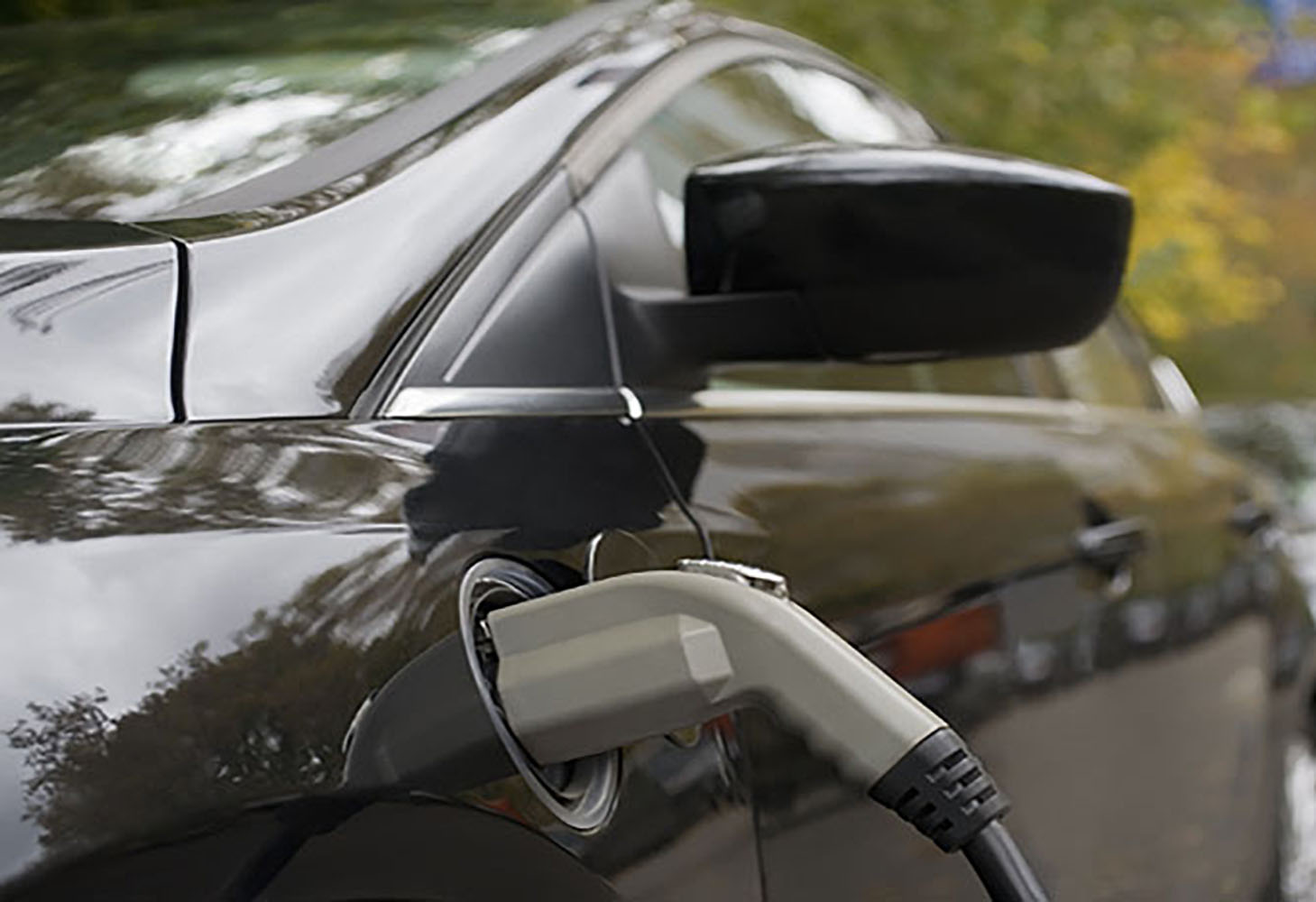
Joint Office unveils Electric Vehicle Working Group members
The Joint Office of Energy and Transportation (Joint Office) has unveiled the members of its Electric Vehicle Working Group (EVWG). This group comprises electric vehicle (EV) industry specialists and leaders dedicated to promoting the broad adoption of EVs throughout the United States, reinforcing America’s standing as a global frontrunner in clean energy employment and manufacturing.
The Electric Vehicle Working Group (EVWG) was formed by the Joint Office of Energy and Transportation to make recommendations to the Secretaries of Energy and Transportation regarding the development, adoption, and integration of light-, medium-, and heavy-duty electric vehicles into the U.S. transportation and energy systems.
The EVWG, set to provide recommendations to the Energy and Transportation secretaries, boasts a diverse range of experts from the expansive EV landscape. This includes vehicle, component, and battery manufacturers; public utility representatives; local and regional politicians; state energy strategists; and labor officials from the transportation sector.
Furthermore, the group encompasses leaders from various U.S. departments, including Energy, Transportation, the Environmental Protection Agency, the Council on Environmental Quality, the General Services Administration, and the Postal Service.
Among the appointees are Rakesh Aneja, head of eMobility at Daimler Truck North America (DTNA). Click here to view the complete list of EVWG members and their backgrounds.
Gabe Klein, the Joint Office’s executive director, remarked, “The rapid progression in electric vehicle adoption is undeniable. The EVWG’s thought leaders are well-versed in the distinct challenges and prospects of this shift. Their collective expertise will synchronise initiatives across the public and private sectors, laying the groundwork for an electrified transportation future that serves all U.S. citizens.”
The group’s primary objectives encompass promoting EV adoption among low-income individuals and marginalised communities, evaluating the expenses associated with EV and battery production, addressing potential raw material shortages for batteries, pinpointing needs related to charging infrastructure, grid capacity, and EV cybersecurity, and addressing regulatory concerns surrounding charging infrastructure.
The establishment of the joint office is a result of the Bipartisan Infrastructure Law (BIL). Its purpose is to enhance cooperation between the U.S. Departments of Energy and Transportation in their mission to roll out a nationwide network of EV chargers, zero-emission fueling systems, and zero-emission public transit and school buses.














